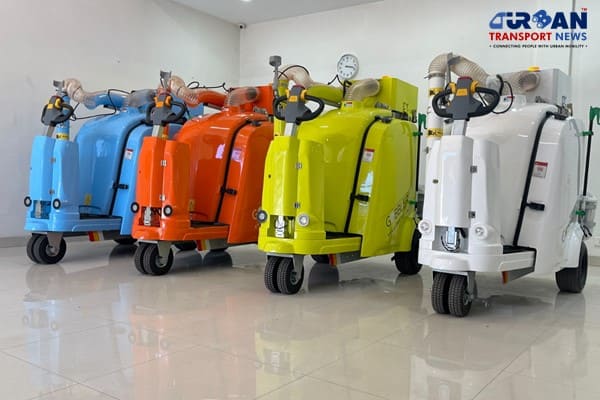 IndiGo to launch Urban Electric Air Taxis between Delhi to Gurugram
IndiGo to launch Urban Electric Air Taxis between Delhi to Gurugram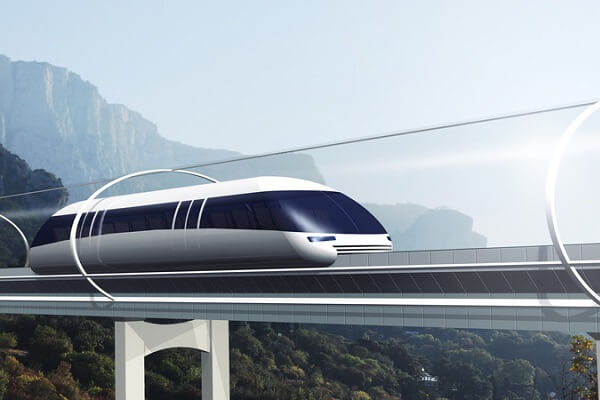 Swisspod secures Strategic Investment to advance the Hyperloop Transportation
Swisspod secures Strategic Investment to advance the Hyperloop Transportation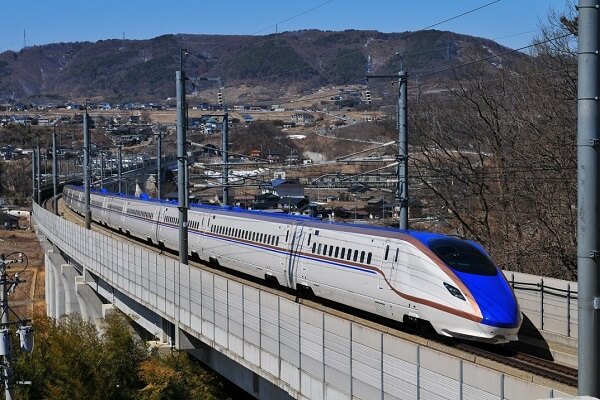 Siemens Mobility revolutionizes Copenhagen's S-bane Network with Driverless Technology
Siemens Mobility revolutionizes Copenhagen's S-bane Network with Driverless Technology Unlocking prosperity between India and Myanmar: The Kaladan Multi-Modal Transit Project
Unlocking prosperity between India and Myanmar: The Kaladan Multi-Modal Transit Project Is the RRTS Truly Accessible to the Common Man or Only the Privileged?
Is the RRTS Truly Accessible to the Common Man or Only the Privileged?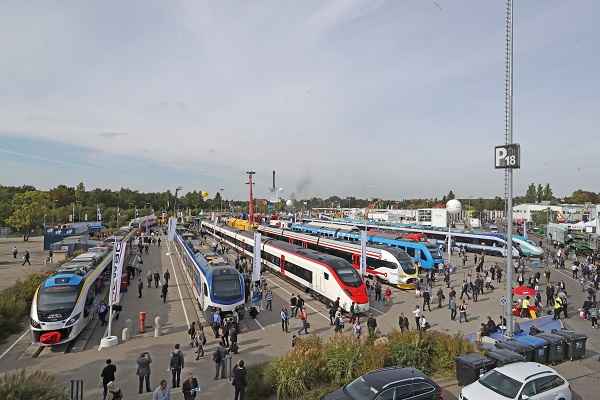 Alstom sold its Rail Signalling Technology Business to Knorr-Bremse for €630 million
Alstom sold its Rail Signalling Technology Business to Knorr-Bremse for €630 million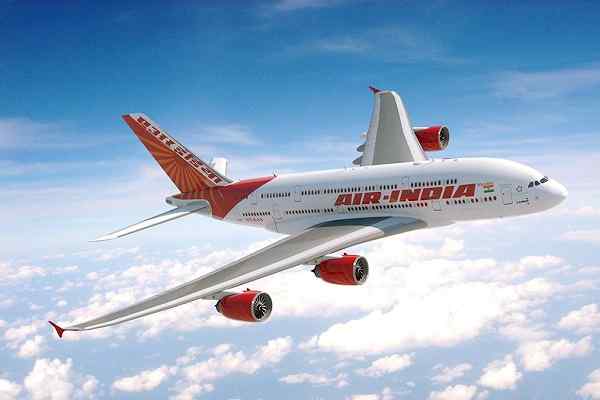 Vensa Infrastructure wins ₹412.58 crore civil contract for Hisar Airport
Vensa Infrastructure wins ₹412.58 crore civil contract for Hisar Airport Kuala Lumpur-Singapore high-speed rail project cost could be slashed to RM70 Billion
Kuala Lumpur-Singapore high-speed rail project cost could be slashed to RM70 Billion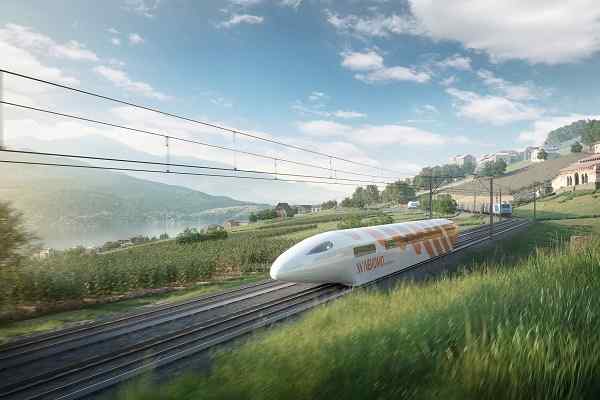 Nevomo's MagRail Technology Selected for Hyperloop Freight Demonstrator
Nevomo's MagRail Technology Selected for Hyperloop Freight Demonstrator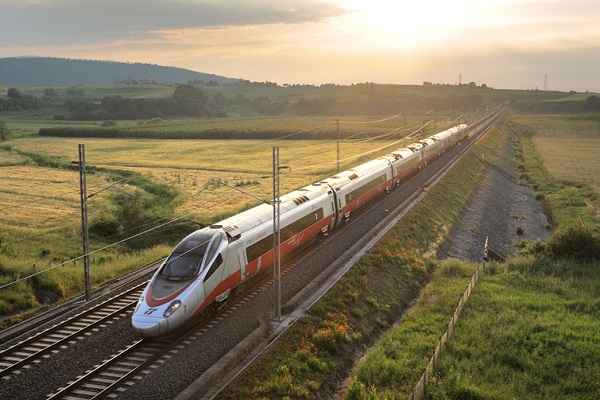 Russia signs deal to procure bullet trains for Moscow - St. Petersburg high-speed line
Russia signs deal to procure bullet trains for Moscow - St. Petersburg high-speed line
Opinion: A faster lane to improved bus services in Britain

Boris Johnson’s forward in the newly published National Bus Strategy rightly highlights that buses are the country’s favourite mode of public transport. He recognises how they get teenagers to college, drives pensioners to see friends and connect people to jobs they couldn’t otherwise take. During the pandemic, they have been a lifeline for the communities that Arriva serve and I’m incredibly proud of my colleagues, for keeping vital services up and down the country running.
As a hugely important sector of public transport, it is only right that there is now a National Strategy for Bus. I welcome the clear direction set by the strategy, which was published yesterday, together with the funding to support making “buses the transport of choice, reducing the number of car journeys and improving quality of life for millions”. It recognises that modal shift to buses will be vital to ‘Bus Back Better’ and greener after Covid and this strategy will help the UK meet its ambitious climate goals.
But this strategy will only be considered a success if it delivers against the fundamentals that we know our customers rightly demand - reliable and quick services, with the right levels of frequency and at the right price. Prioritising the delivery of these fundamental outcomes must be front and centre of how the strategy is implemented. We need to ensure that a climate is created to support long-term sustainable growth, building on the significant private sector investment that has gone into the industry over many decades. Indeed, since January 2015, Arriva UK Bus alone has invested nearly £250m in new vehicles, including 537 electric, gas, hybrid and micro-hybrid vehicles.
I particularly welcome the commitment to a ‘significant increase’ in bus priority measures and bus lanes to improve journey times. Congestion is a killer for local bus services. It adds time to journeys and makes catching a bus less attractive than hopping in a private car. The Pandemic has also underlined even further how buses can help drive the country’s economic recovery. I understand that there may well be pushed back against using more road space for such measures, however, it is vital that this core aspect of the strategy is seen through in its entirety.
The partnerships between operators and local transport authorities will be critical to delivering the right outcomes for passengers and delivering these ambitions. Operators know their customers best and it is important that the structures championed in the strategy takes this into account. Our experience over the summer shows us that once restrictions lift, people will be keen to get back on-board. But in order to boost ridership and truly ‘Bus Back Better’, we’ll need the right interventions. The partnership between operators and local authorities will need to be dynamic and responsive to changes in customer needs and travelling habits in a post-Covid world. Operators must be closely involved in decision making and agreeing on shared priorities and targets for improvement.
Arriva has huge experience in this area, having already introduced the first enhanced partnership in the country and as the leading operator in the Liverpool Bus Alliance which has brought increases in passenger numbers, up 16% in four years pre-Covid.
I’m very excited by the future of this industry and the role that Arriva will play working in partnership to unlock the potential for modal shift, reduce congestion and pollution and creating a cleaner, greener, more convenient and efficient service that response to consumers now and into the future.
(Views are personal)





